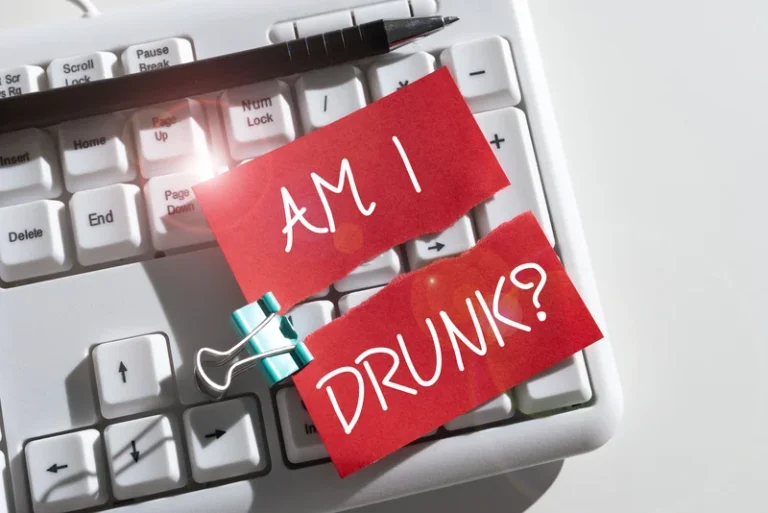
If you’re trying to stop drinking or recovering from alcohol addiction, cravings can make it difficult to avoid relapse. While you should seek medical treatment if you’re experiencing severe withdrawal symptoms, there are remedies to manage your alcohol cravings at home. Whether you experience occasional drinking urges, or find yourself craving alcohol every day, Ria Health can help. We support everyone from social drinkers who would like more control, to people who drink heavily and daily. You don’t need to identify as an alcoholic or put your life on hold to get help with alcohol cravings. Building a healthy routine – a healthy routine provides structure, reduces triggers and builds new habits.

Have substitutes available for when you have cravings
This medication was created to help people with opioid cravings, but experts realized that it helps with alcohol cravings, too. The usual dose for treating alcohol cravings is 50 milligrams once per day. Making healthy lifestyle choices can significantly impact your ability to curb alcohol cravings. Engaging in activities like swimming, hiking, or dancing can not only improve your overall well-being but also release endorphins, which are natural mood enhancers.
- That includes natural remedies, foods and drinks that can help, and well-rounded treatment options.
- You could keep a journal to record this information, any patterns you notice, what emotional states lead up to cravings, and what coping strategies are most helpful for you.
- In our CheckUpandChoices.com app, we ask people to keep track of the date, time, intensity (1-10), and duration.
- Some small clinical studies have shown it can reduce alcohol cravings and alcohol withdrawal symptoms.
Meditate to Reduce Stress
- This approach is especially helpful for people healing from long-term alcohol abuse.
- Use the NIAAA’s drink size calculator to determine the amount of alcohol in various drinks.
- But even when you don’t know anyone else trying to make a similar change, friends and loved ones can still offer emotional support.
- When people develop an alcohol addiction, they will likely have cravings for alcohol when they aren’t actively drinking.
- All the same, it could be worth talking to a mental health professional — more on that below.
Additionally, there’s a stark difference between wanting a glass of wine after a long day and obsessing about it all day long. While the first can be seen as a normal desire, the latter represents a craving which entails a mental preoccupation with alcohol that typically leads to problematic drinking. Recognizing the difference between the two can help to identify whether the cravings have started getting out of hand, laying the groundwork for effective coping strategies.
Name the Urge

Triggers can be emotional (like stress or anxiety), physical (such as seeing a bar or alcohol bottle), or social (like being around others who are drinking). Recognizing these triggers can help individuals anticipate and prepare for cravings. Many people think of alcohol cravings as a strong physical urge to drink, and this is often accurate, but not all cravings are the same.
As a reminder, just because you experience a craving, it does not mean you’ve lost control or haven’t made meaningful progress. As you continue to heal, these new habits can become part of your daily practice. And data shows that strong routines support addiction recovery.14 You can develop a schedule that includes activities you love, and then stick to it—even when you’re craving alcohol. In cognitive behavioral therapy (CBT),11 you’ll start by identifying the triggers and behaviors that contribute to your addiction.
Eat before and in between drinks.
It’s important to remain patient and open to trying different strategies to find what works best for you. Make a list of your motivations and goals, and use those to craft a few statements to say to yourself in triggering situations. It could be that after that time, your craving will have already passed.
- If you have an alcohol dependency problem and have decided to stop drinking, call your doctor for help.
- Recognizing the difference between the two can help to identify whether the cravings have started getting out of hand, laying the groundwork for effective coping strategies.
- In January 2020, more than 6 million people reportedly participated in Dry January, a campaign to reduce alcohol consumption organized by Alcohol Change UK.
- For example, as part of a broader healthy lifestyle, Vitamin B1 (Thiamine) and B3 (Niacin) can help restore nervous system and brain health.
Ways To Improve Your Workout Routine
She incorporates cultural relevance and non-traditional interventions and strategies to strengthen her clients’ steps towards goals of behavioral, emotional, social and mental wellness. Medical experts now use the term “alcohol use disorder” rather than “alcohol abuse” to address the concern of excessive drinking. It’s common to experience difficulty when making big changes, but good self-care practices can help you manage overwhelming feelings and take care of your mind and body. You may not need to completely reinvent your life to quit drinking, but making a few changes in your surroundings to help avoid alcohol triggers can make a big difference. Becoming more aware of your alcohol triggers and reasons for drinking can help you plan ways to help manage the urge to drink. Certain antidepressants also show promise for helping reduce drinking when you live with depression.
The Road To Recovery: 3 Evidence-Based Treatments
Alcohol withdrawal is common, but delirium tremens only occurs in 5% of people who have alcohol withdrawal. If you have an alcohol dependency problem and have decided to stop drinking, call your doctor for help. Your doctor can advise you and can curb alcohol cravings prescribe medicines to make withdrawal symptoms more tolerable if they occur.

- Sometimes, a conversation with someone you trust can help you navigate your craving by providing encouragement, understanding, and a sense of connection.
- You’ll also learn to recognize triggers before they overwhelm you.
- Practicing your refusal ahead of time can help you feel more comfortable and confident when you find yourself in a situation that involves alcohol.
- It takes time, patience, and persistence to put a stop to cravings, but for many people it is possible to end them, or at least greatly reduce them.
- It’s helpful to visualize cravings as the ebb and flow of the ocean waves.
These tips can be helpful for those making changes in their drinking on their own and not in an alcohol use disorder treatment program. After withdrawal is complete, it is essential that you not begin drinking again. Alcohol treatment Oxford House programs are important because they improve your chances of successfully staying off of alcohol.

